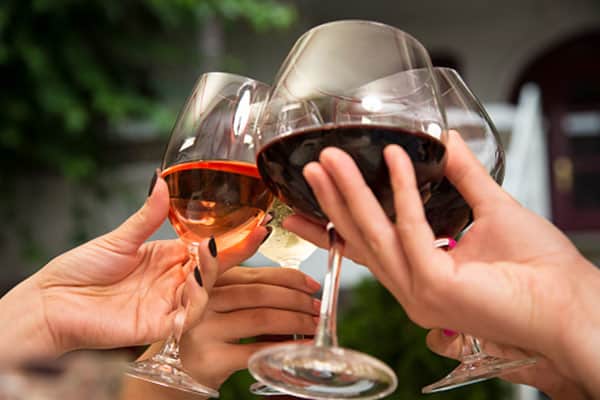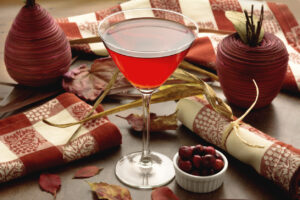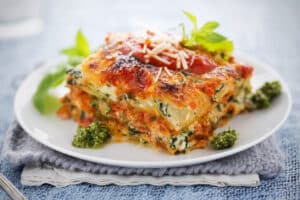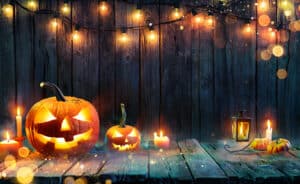Professor Gordon M. Shepherd from Yale School of Medicine wrote in his book, Neurogastronomy: How the Brain Creates Flavor and Why It Matters, that creating the taste of wine engages more of the brain than does any other human behavior.
Any. Other. Human. Behavior.
I’ll drink to that.
Let’s admit it. We all knew instinctively that enjoying wine was better than doing a crossword puzzle or balancing your checkbook, but now it’s backed up by science. In fact, the way the brain creates the flavors of food and wine is a new field of study based on neuroscience, biology, psychology and anthropology. Who else wants to sign up as a lab rat?
Professor Shepherd’s latest book, Neuroenology, is the first book about wine tasting by a neuroscientist. (About time, right?) In it, he states, “The taste is not in the wine; the taste is created by the brain of the wine taster.”
According to Shepherd, flavor is created in the brain similarly to the way the brain interprets color, but that perception is also affected by the wine drinker’s emotional connection to the glass of wine. (I try to not get too emotionally connected to a glass of wine myself because it won’t be sticking around very long.) Our gender, age and even the genetic make-up of our saliva can influence the way we experience the taste of wine.
But how does a good Chardonnay, Pinot Grigio, or Malbec do more for our brains than Sudoku?
As it turns out, wine tasting is a dynamic experience. When we take a sip of wine and swirl it around with our tongue, the wine moves through the mouth, and air moves through the throat and nose, activating the brain to create the wine’s perception. Wine tasting also involves structures and muscles that are some of the most intricate in the body. “The tongue, the delicate bone in your throat that anchors the tongue and swallowing.” Sniffing the aroma of a wine involves controlling one of the largest muscles in your body. You use motor activity to move the wine around in your mouth – and to perform the act of swallowing. Since wine tasting often takes place in a social setting, amongst friends, our tasting experience is also dependent on our memories, emotions, and that of those around us.
I wonder if that means, given the right company, a much less expensive wine could rank as one of our favorites? Let’s all experiment and report back, shall we?







